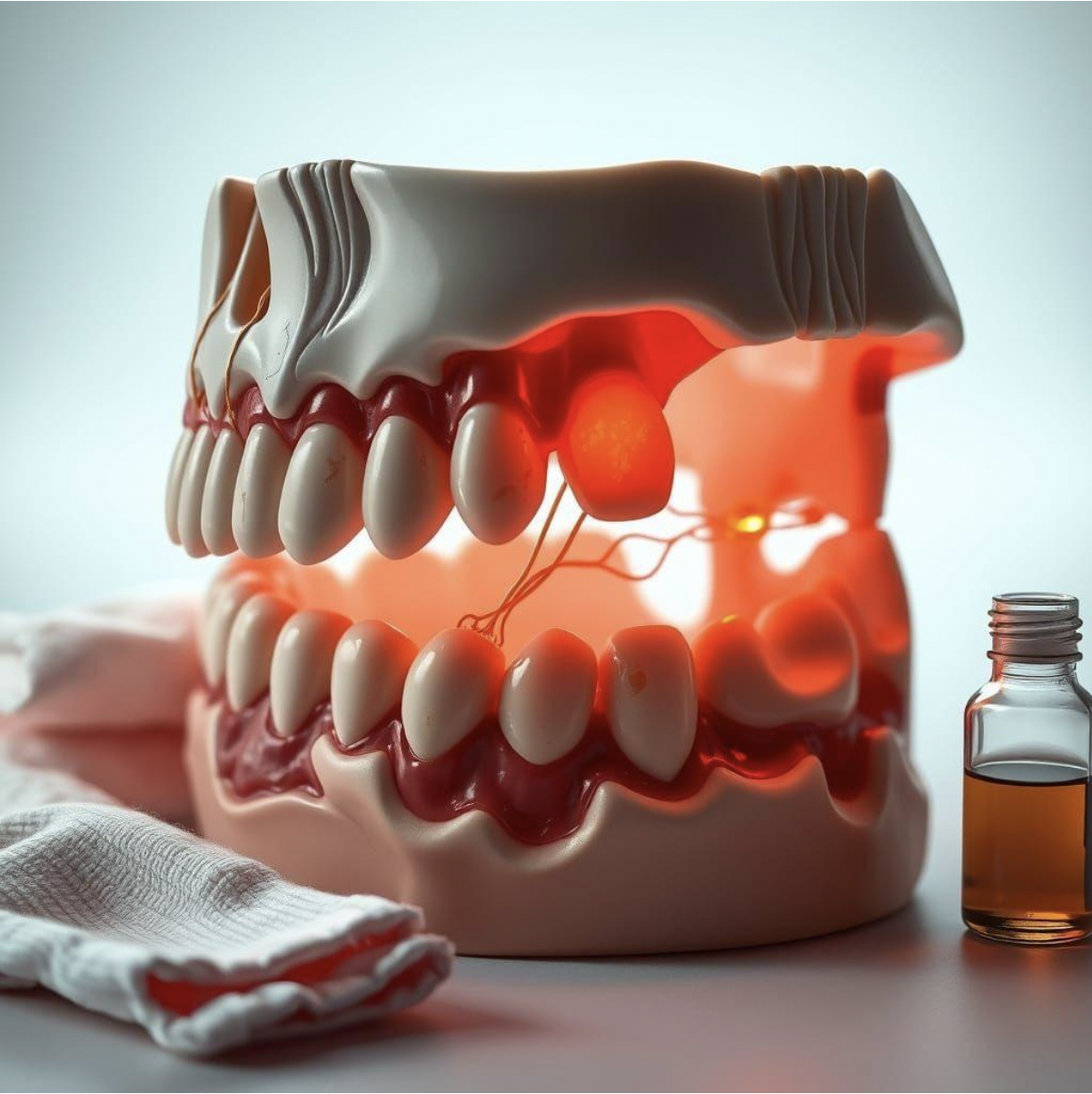
Tooth pain can be an excruciating experience. It can disrupt your daily life, making it difficult to eat, drink, or even concentrate. Temple tooth pain is a common concern for many individuals searching for reliable relief methods. Whether caused by cavities, gum disease, or an infection, finding the right treatment is crucial for lasting comfort.
This article will explore the causes of extreme tooth pain and provide both home and professional remedies to help you manage and alleviate discomfort effectively.
Cavities form when bacteria in the mouth produce acids that erode the enamel, leading to holes in the teeth. When left untreated, cavities can reach the nerves, causing sharp, persistent pain.
Gingivitis is an early stage of gum disease caused by plaque buildup along the gum line. If it progresses, it can lead to periodontitis, which causes swelling, bleeding, and severe tooth pain due to gum recession and infection.
An abscessed tooth occurs when bacteria infect the pulp inside the tooth. This can result in swelling, throbbing pain, and pus formation. Without treatment, the infection may spread to other parts of the body, making it a serious health risk.
A saltwater rinse, a simple and readily available solution, offers a multitude of benefits for oral health and hygiene. The salt in the solution creates an environment that is hostile to harmful bacteria, effectively reducing their numbers and inhibiting their growth within the oral cavity. This antibacterial action helps to cleanse the mouth, removing food debris and other particles that can contribute to inflammation and infection.
Cold compresses can be incredibly effective in alleviating tooth pain and discomfort. The application of cold temperatures to the affected area works in a multifaceted manner. Firstly, it constricts the blood vessels, which can help to reduce inflammation and swelling that may be contributing to the pain. Secondly, the cold can numb the nerve endings, providing temporary relief from the throbbing sensation. Additionally, the cold can also help to slow down the transmission of pain signals to the brain. This multifaceted approach makes cold compresses a valuable tool for managing tooth pain until professional dental care can be sought.
Pain relievers like ibuprofen or acetaminophen can help reduce inflammation and pain.
Clove oil, derived from the clove tree, contains a significant amount of eugenol, a natural compound that has been recognized for its potent pain-relieving and antiseptic properties. Due to these characteristics, it has been utilized for centuries as a traditional remedy for dental pain, including toothaches and gum discomfort. Eugenol works by numbing the affected area and reducing inflammation, providing temporary relief while also combating the underlying bacterial infection that may be contributing to the pain.
Certain foods and drinks can aggravate tooth pain by irritating sensitive areas.
While home remedies can provide temporary relief, they do not treat the underlying cause of severe tooth pain. A dentist can diagnose the issue and recommend proper treatment.
Identifying the cause of tooth pain is essential for effective treatment. While home remedies can provide relief, persistent or severe pain requires professional attention. If you experience unbearable tooth pain, seeking help from a dentist is the best way to ensure long-term oral health and prevent complications.